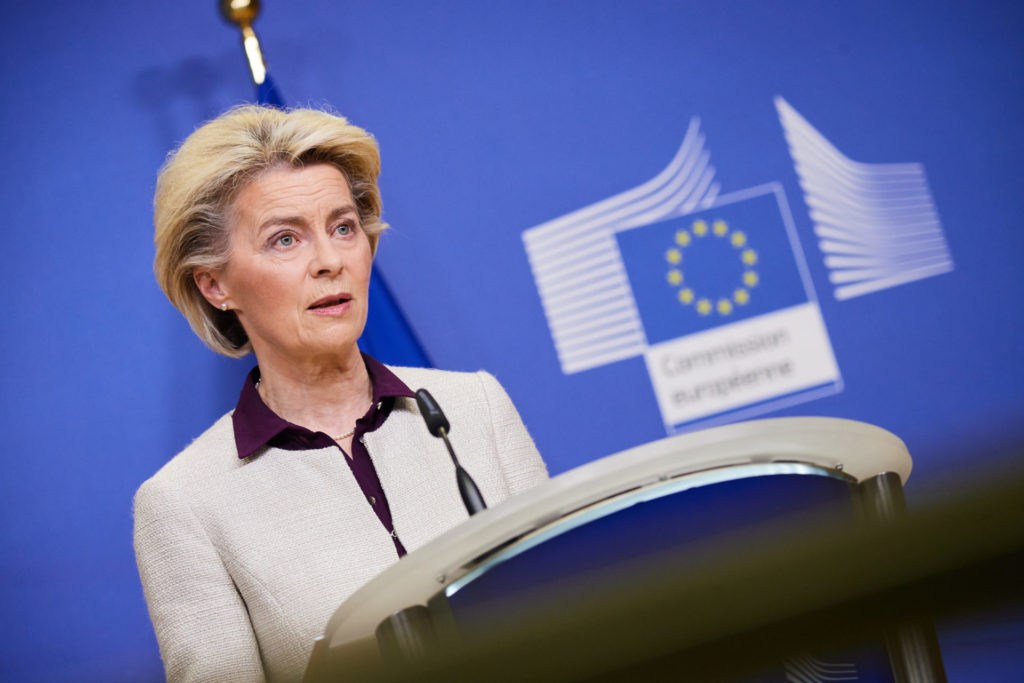From 2027, households will also have to pay for their CO2 emissions from traffic and heating buildings, the European Parliament agreed in its 'Fit for 55' package of environmental measures.
Not only companies but also households will soon have to pay for their emissions, according to the measures in the so-called 'Fit for 55' package of European Commissioner Frans Timmermans. This obliges EU nations to cut their net emissions by 55% by 2030 (compared to 1990).
MEPs in Strasbourg endorsed an earlier agreement with the Member States on the reform of the market for emission allowances, by which some 11,000 fossil fuel and energy companies must pay to emit greenhouse gases. The number of emission permits available every year will be reduced – forcing companies to either emit less or pay more.
The current system will now be further tightened as the EU enlarges its climate ambitions: from 2024, more permits will be taken off the market more quickly, with the aim of slashing emissions in affected sectors by 62%.
Social climate fund
The most innovative measure – though also politically controversial – is the creation of a parallel market for emissions from transport and heating of buildings. This will also see increasing cost prices passed on to consumers at the pump and in household heating bills.
But in a bid to avoid putting unfair pressure on individuals, MEPs and Member States agreed that the system will only come into effect in 2027 and can be postponed for another year if energy prices are high. A ceiling of €45/tonne of CO2 has also been set. By comparison, the price for companies exceeded €100 per tonne this year.
Related News
- NGOs take European Commission to court over gas
- Extinction Rebellion leads protest against banks’ financing of fossil fuel industry
- 'A good day for Europe': EU to double renewable energy consumption by 2030
A social climate fund of €86 billion will also sweeten the pill: from 2026 the funds, of which approximately €1.6 billion will flow to Belgium, can be spent partly on income support to help households with the burden – for instance via energy checks. It can also be spent partly on sustainable investments such as better insulation.
European Commission President Ursula von der Leyen called on Member States to take the "final steps" of this "milestone," adding that "together, we will make Europe the first climate-neutral continent."

